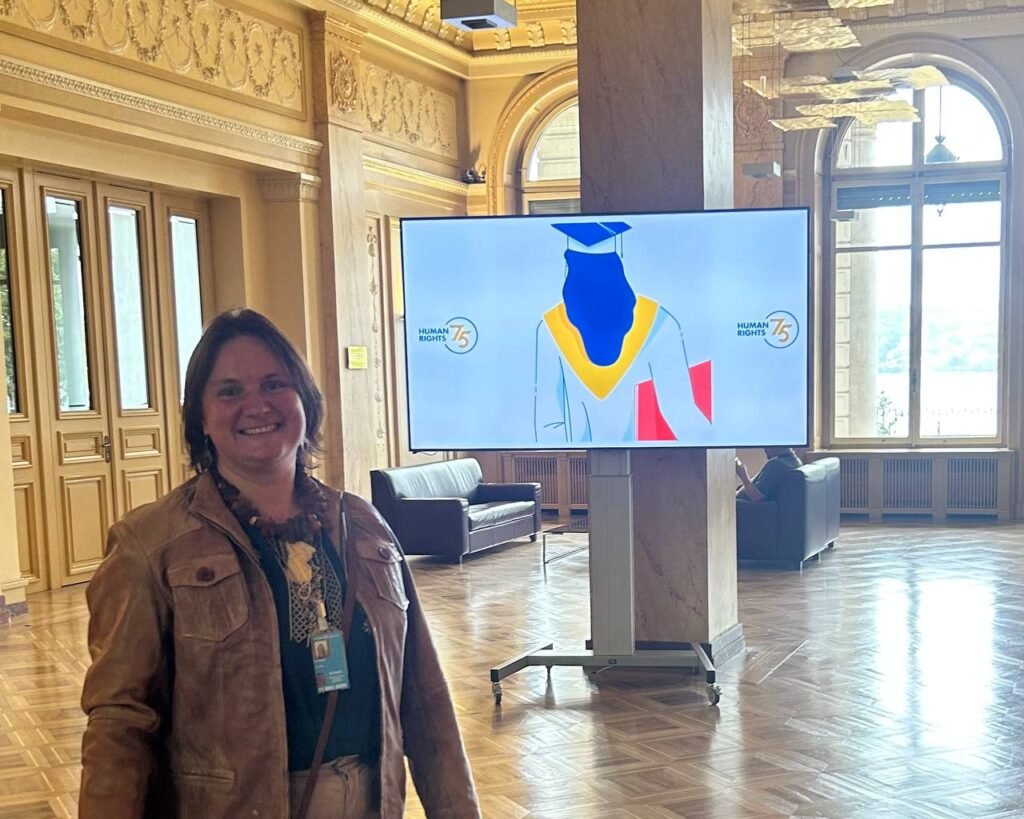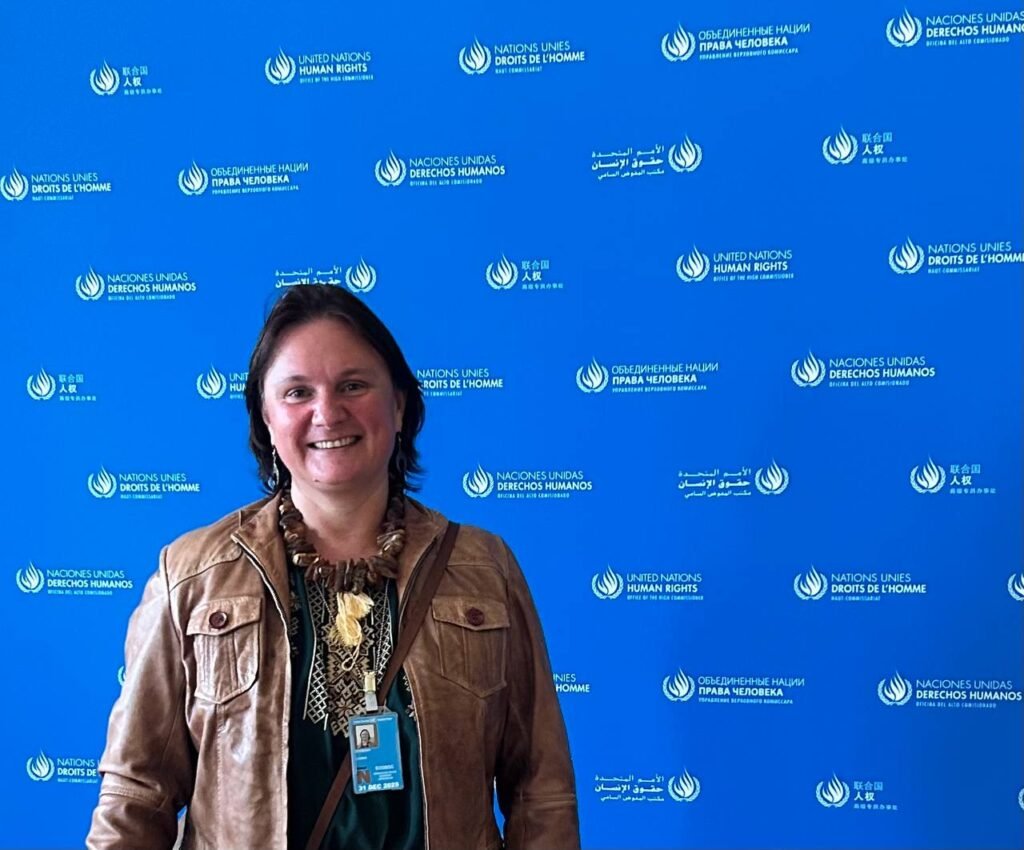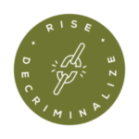
Informal discussions on 22 September 2025 ahead of the 60th session of the UN Human Rights Council (HRC60) have already spotlighted the shrinking space for civil society in the Eastern Europe and Central Asia (EECA) region.
EHRA representative Ganna Dovbakh shared the region’s challenges, emphasizing that attempts to limit the participation of civil society and communities with lived experience in providing life-saving support are putting these organizations “on the edge of disappearing.”
The Geneva Core Group on Drug Policy is set to table a resolution at HRC60 addressing the human rights implications of drug policy. This marks a strategically significant moment, as it would be the first time the Council may adopt a drug policy resolution under its own authority, outside the framework of a global drug control review.
During her intervention, Ms. Dovbakh highlighted support for the draft resolution’s emphasis on the crucial role of civil society and affected communities. The resolution encourages meaningful engagement of civil society in all aspects of drug policy, from advocacy and awareness-raising to sharing expertise, and calls for creating a safe and enabling environment in which organizations can operate free from hindrance, insecurity, or reprisals, while exercising rights to freedom of expression, association, and peaceful assembly.

Dovbakh underscored the threats faced by EECA organizations, including ‘foreign agent’ laws and the criminalization of life-saving drug education under broad “drug propaganda” provisions. She also stressed the importance of periodic OHCHR reporting on human rights concerns related to drug policy, describing it as an invaluable tool for fostering constructive dialogue with national governments and aligning drug policy with human rights.
The upcoming resolution offers a unique opportunity to address both public health and civic freedoms in drug policy, reinforcing that protecting civil society space is essential for accountability, human rights, and inclusive governance across the EECA region.
